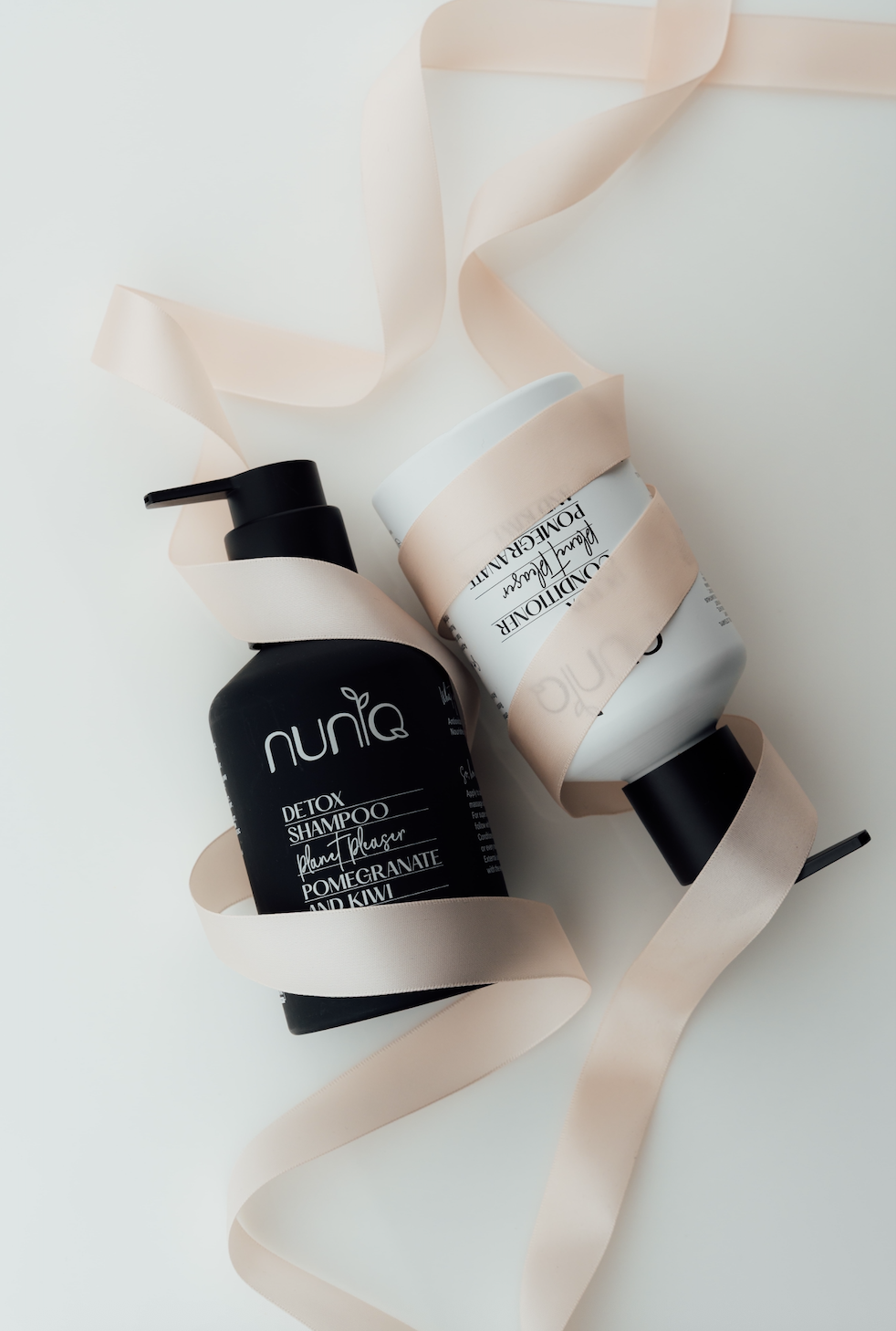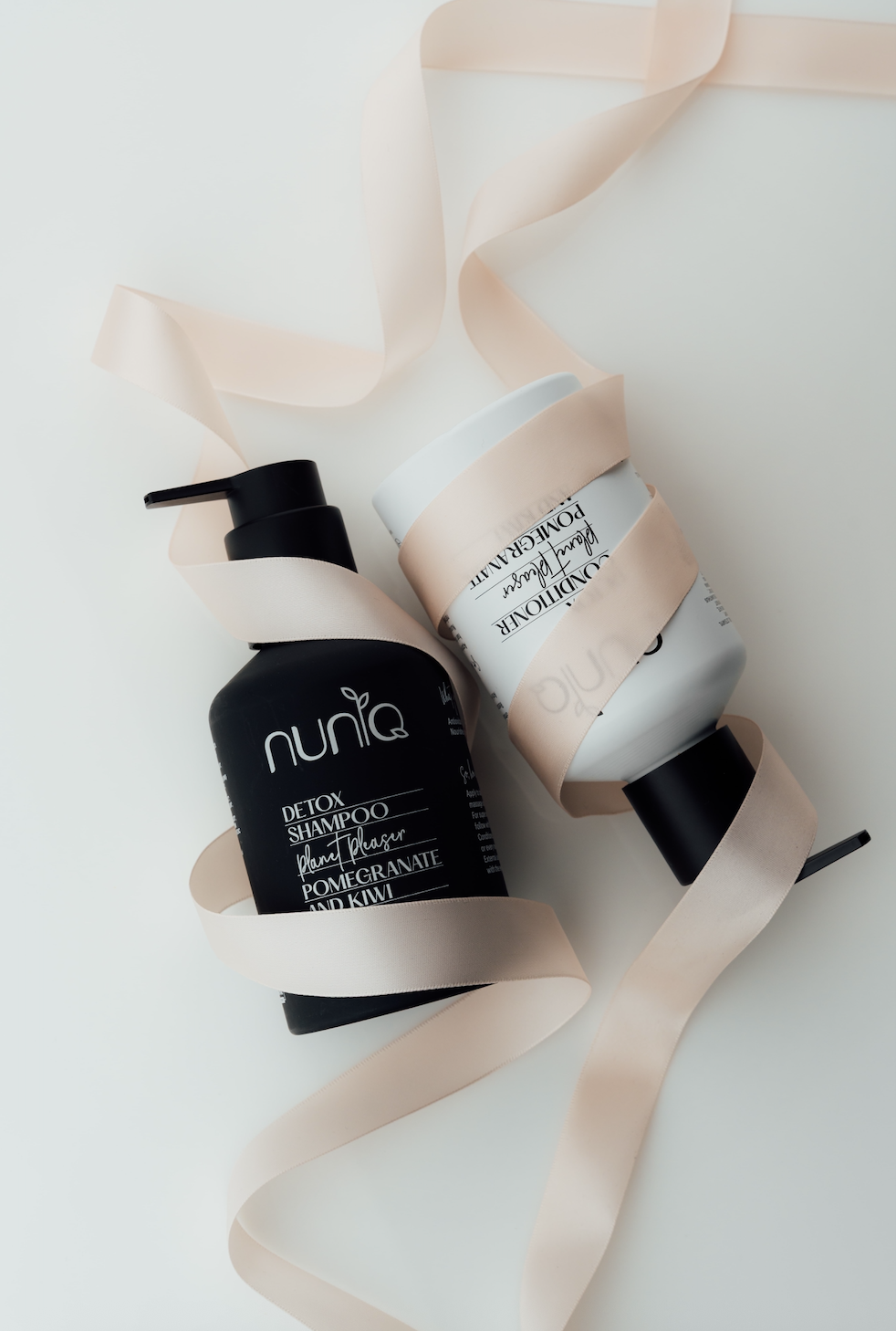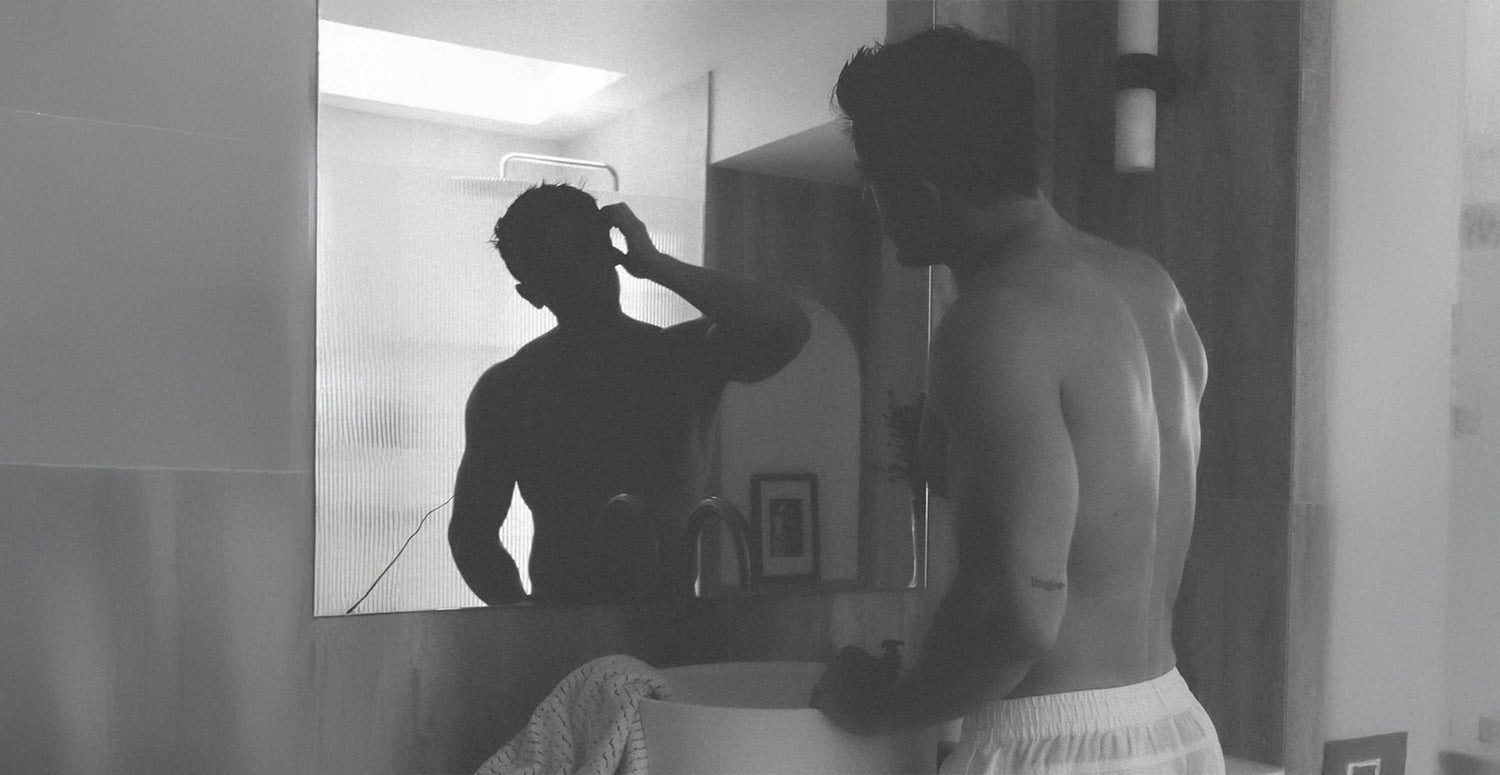Awareness is great.
Action is better. Just saying.
Every October, pink takes over. From beauty shelves to supermarket aisles, brands show their support for breast cancer awareness — wrapping their products in pink ribbons, releasing special editions, and launching heartfelt campaigns.
We’re all for visibility. We believe in research, prevention, community, and supporting those affected — because like many of you, we’ve lived this from close. We've seen loved ones fight this battle, and we’ve felt what it’s like to suddenly start questioning everything that touches your body: the food you eat, the creams you apply, the shampoo you rinse, even the products you clean your home with.
But there’s something else we need to talk about.
It’s called pinkwashing.
What is pinkwashing?
Pinkwashing is when brands use breast cancer awareness as a marketing tool — while continuing to sell products that contain ingredients linked to health risks, including hormone disruption and, yes, potentially cancer.
It’s not just contradictory. It’s deeply misleading.
Because no matter how beautiful the packaging is, if the formula includes questionable ingredients, we’re sending mixed messages — to ourselves and to everyone trying to make more informed choices.
Ingredients worth looking into
We’re not here to scare you. But we do believe in sharing what we know, so you can draw your own conclusions. Here are just a few ingredients that have raised concerns over the years:
-
Parabens
Found in shampoos, lotions, makeup. Known to mimic estrogen, which plays a role in some breast cancers.
→ More info from the EWG -
Phthalates
Used in synthetic fragrances, nail polish, and plastics. Known endocrine disruptors.
→ More info from Safe Cosmetics -
Aluminum salts
Found in many deodorants. Linked to inflammation and changes in breast tissue cells.
→ More info from Breast Cancer UK -
BPA
Found in some plastics and packaging. Can have estrogen-like effects in the body.
→ More info from Breast Cancer Prevention Partners
We’re not saying every product with these ingredients will harm you. But we’re asking the question:
Why take the risk — when safer, proven alternatives exist?
Awareness should go deeper
We don’t need more ribbons.
We need more responsibility.
If we’re truly committed to prevention, it can’t stop at donations or pink-tinted marketing. It has to extend to what we create, promote, and put on shelves every single day.
At Nuniq, that’s why we’ve banned over 3,700 ingredients from our formulas — including the ones mentioned above. Not because it’s trendy, but because we believe clean beauty should actually be clean.
For our bodies.
For our planet.
For the people we love.
What you can do
-
Get regular check-ups. Early detection saves lives.
-
Learn about ingredients. Knowledge is power.
-
Ask questions. From your doctor, your brands, your community.
-
Make small switches. You don’t need to overhaul everything. One safer product at a time makes a difference.
-
Support true transparency. Look beyond the pink.
Final thoughts
Breast cancer is a devastating disease. It deserves more than lip service. It deserves real commitment, real education, and real care in what we make, sell, and use.
So this October, we’re not here to criticize every pink ribbon.
But we are here to say:
If we want real change — we have to start from the inside out.
And that includes what we put on our skin, every single day.
Because prevention is more than awareness. It’s action.





